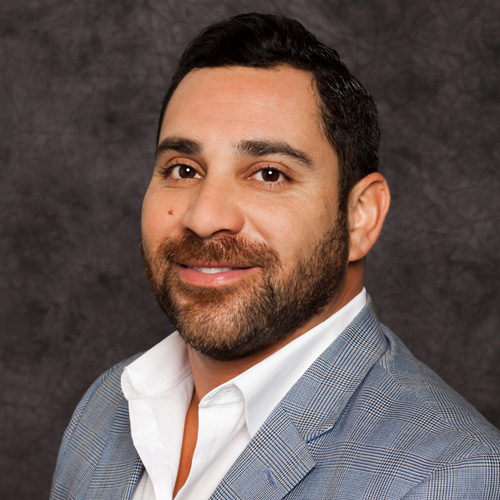About Top Floor Insurance
We insure apartment community owners and managers with as few as 250 units, or as large as nationwide portfolios.
- Property, Liability, and Umbrella insurance solutions.
- New Communities, Historic Properties, Section 8/Low Income Tax Credit Housing (LITCH) Housing, Student Housing, Senior Living Housing and Coastal Properties.
- Communities with no prior losses as well as properties with a history of frequent or catastrophic losses.
Have Questions? Let’s Talk
Benefits That Count




Specialty Focus
We are apartment specialists
– that’s all we do.




Proven Results
Our exclusive access to the newest and upcoming markets can save you 20% or more annually.




Streamlined Process
We don’t require mountains of paperwork. Just confirm your schedule of properties and we can get started!
What Our Clients Say
With over 3,000 units in TX, FL and GA, it is hard to keep everything straight. Top Floor has provided outstanding service. We have been insured with them for over 20 years.
Rob HoskinsCEO 

Top Floor is the expert in Affordable housing. We have 2000 Section 42 LIHTC properties. I have shopped our portfolio, but no one can beat their prices.
Kevin BucknerCEO 

We had our 3,000 unit portfolio with a national broker. We moved to Top Floor and saved 32%.
Don FarreyCFO 

We were struggling to get all 20 of our office, retail and multifamily properties on one policy with one expiration date. Top Floor not only accomplished it in two weeks, but they also saved us 23%.
Dave CoderaPresident 

We liked our local agent, but we had a fiduciary duty to our investors to get the best coverage and pricing. Working with industry specific specialists was the right move.
Chad CottrellPresident 

Previous
Next

